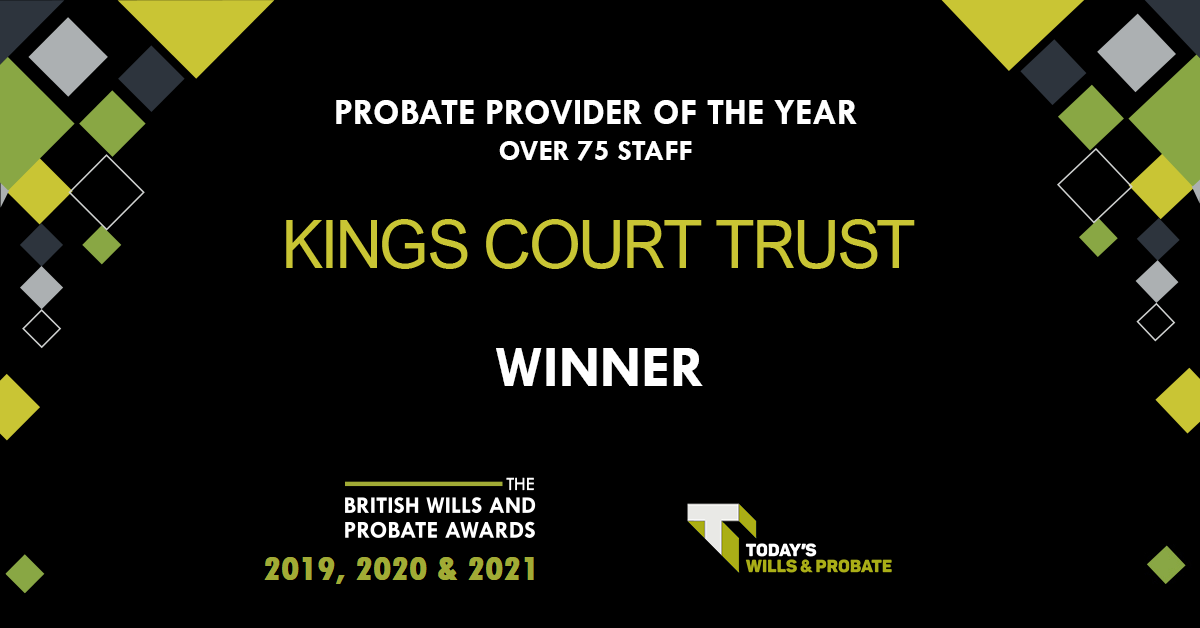Did you know that on average a deceased person will continue to receive 80 items of direct mail during the year following their death?
Receiving direct mail or sales calls in the deceased's name can be extremely upsetting. Kings Court Trust registers all deceased’s names and addresses of estates we administer with both The Bereavement Register and Mail Preference Service. By doing so, we hope to be able to substantially reduce the amount of direct mail that is received following a death.
In addition to reducing the number of companies that need to be contacted individually, registering with these services helps to lessen the risk of someone using the identity of the person who died to commit identity fraud.
These services are free for organisations and individuals alike; they are funded by ethically responsible companies who use direct mailing and who would prefer not to cause unnecessary distress to the bereaved:
The Bereavement Register can help reduce the amount of direct mail sent to an address by removing the name and address from mailing lists. This stops most direct mail within as little as six weeks.
The Mailing Preference Service is funded by the direct mail industry to enable consumers to have their names and home addresses in the UK removed from lists used by industry. You can register the details of someone who has died, which should stop addressed junk mail from organisations with whom the deceased never had any dealings (the postal equivalent of cold calling). However, this service will not stop mailings from organisations that aren't members of the Direct Marketing Association.
These services do not guarantee to stop all junk mail but they should reduce mailings received. Of course, they are not designed to stop correspondence from companies with whom the deceased had a relationship e.g. their bank or internet provider. You would need to contact the sender directly if you continue to receive mail regarding such services. You should explain that the intended recipient has died and ask what action the sender will take to prevent further mail-outs.
Most companies should have effective procedures in place to stop mailings. Unfortunately, it is not always a simple process, as highlighted in Dying Matters blog “No, you can’t speak to him. He’s dead!” where Tony and Dorothy Bonser talk candidly about their experiences of dealing with particular companies following the death of their son.






%20A4%20PNG.png?width=89&height=118&name=AGFD%20Logo%20%2B%20(R)%20A4%20PNG.png)

